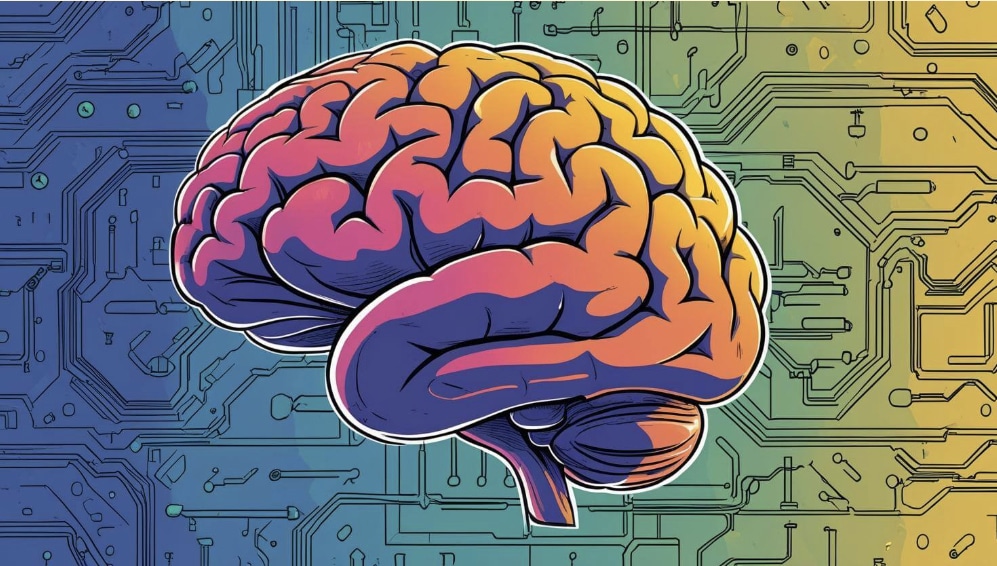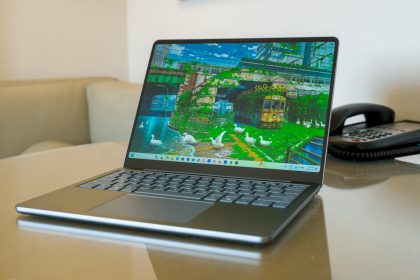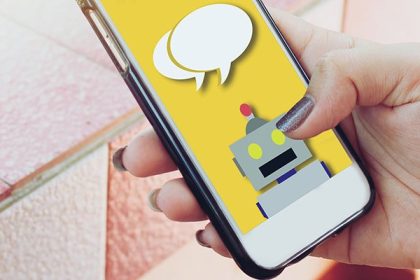Key Takeaways
MIT research found that using LLMs like ChatGPT can reduce your learning skills.
Research participants who relied on ChatGPT can’t quote essays they’ve written minutes prior.
It emphasizes the negative impact of relying solely on LLMs and the need to view them as a powerful learning tool.
Using large language models (LLMs) like ChatGPT can likely decrease our learning skills, according to researchers at MIT.
In the study entitled ‘Your Brain on ChatGPT’, the research team conducted three sessions involving 54 participants who were divided into three groups based on tools they used to write an essay: ChatGPT (‘LLM group’), Google (‘search engine group’), and none (‘brain-only group’).
Finally, a fourth session was conducted, during which the LLM group used no tools, while the brain-only group used the LLM.
In the sessions, the participants were given 20 minutes to write an essay based on SAT prompts, such as the ethics of philanthropy and the danger of having too many choices.
According to the team’s findings, the brain-only group exhibited stronger brain connectivity, while the LLM-only group was the weakest, and the search engine group was squarely in the middle. Those who used LLMs also reported low ownership of their essays and were less able to quote from essays they wrote minutes before.
In addition, the LLM-only group performed worse than the brain-only group in their scores, neural activity, and linguistic skills over four months.
‘AI Bad, Brain Good’: The Need to Change the Perception of LLMs
The research underscores the issue of relying solely on LLMs to do the heavy lifting for us, especially over a long period of time. Because of this, perhaps it’s also high time to view ChatGPT as a content-creation tool and as one that can help us think more critically, complement our creativity, or learn new skills.
We can look at it as if Wikipedia had evolved. In the early 2000s, it was the favorite tool of college students who would lift content from the website, put it in their essays, and pass off the work as their own.
But over time, it became a valuable tool for preliminary research. Although it’s still less accurate than other sources over 20 years, it undoubtedly makes looking up information much faster. Just check the topic on the Wikipedia page, follow the references, expand your research from there, and don’t forget to verify your data.
LLMs can serve a similar purpose and so much more. You can use ChatGPT, for instance, to explain complex concepts in simple terms they can understand, create prototypes they can improve upon later on, or even find connections between ideas they haven’t considered before.
More than a tool to whip up a quick essay, we can also look at LLMs as an opportunity to provide more personalized learning experiences. Learners of a new language can use it to sharpen their skills and build their confidence. ChatGPT can positively affect academic writing when used as a feedback tool.
At the end of the day, LLMs like ChatGPT are just tools, and it’s up to the users to use them more effectively. Think of fire: you can use its extreme heat to melt metal or make it stronger by forging. It all depends on the goal you want to achieve.
As technology continues to evolve—from the return of ‘dumbphones’ to faster and sleeker computers—seasoned tech journalist, Cedric Solidon, continues to dedicate himself to writing stories that inform, empower, and connect with readers across all levels of digital literacy. Read more
With 20 years of professional writing experience, this University of the Philippines Journalism graduate has carved out a niche as a trusted voice in tech media. Whether he’s breaking down the latest advancements in cybersecurity or explaining how silicon-carbon batteries can extend your phone’s battery life, his writing remains rooted in clarity, curiosity, and utility.
Long before he was writing for Techreport, HP, Citrix, SAP, Globe Telecom, CyberGhost VPN, and ExpressVPN, Cedric’s love for technology began at home courtesy of a Nintendo Family Computer and a stack of tech magazines.
Growing up, his days were often filled with sessions of Contra, Bomberman, Red Alert 2, and the criminally underrated Crusader: No Regret. But gaming wasn’t his only gateway to tech.
He devoured every T3, PCMag, and PC Gamer issue he could get his hands on, often reading them cover to cover. It wasn’t long before he explored the early web in IRC chatrooms, online forums, and fledgling tech blogs, soaking in every byte of knowledge from the late ’90s and early 2000s internet boom.
That fascination with tech didn’t just stick. It evolved into a full-blown calling.
After graduating with a degree in Journalism, he began his writing career at the dawn of Web 2.0. What started with small editorial roles and freelance gigs soon grew into a full-fledged career.
He has since collaborated with global tech leaders, lending his voice to content that bridges technical expertise with everyday usability. He’s also written annual reports for Globe Telecom and consumer-friendly guides for VPN companies like CyberGhost and ExpressVPN, empowering readers to understand the importance of digital privacy.
His versatility spans not just tech journalism but also technical writing. He once worked with a local tech company developing web and mobile apps for logistics firms, crafting documentation and communication materials that brought together user-friendliness with deep technical understanding. That experience sharpened his ability to break down dense, often jargon-heavy material into content that speaks clearly to both developers and decision-makers.
At the heart of his work lies a simple belief: technology should feel empowering, not intimidating. Even if the likes of smartphones and AI are now commonplace, he understands that there’s still a knowledge gap, especially when it comes to hardware or the real-world benefits of new tools. His writing hopes to help close that gap.
Cedric’s writing style reflects that mission. It’s friendly without being fluffy and informative without being overwhelming. Whether writing for seasoned IT professionals or casual readers curious about the latest gadgets, he focuses on how a piece of technology can improve our lives, boost our productivity, or make our work more efficient. That human-first approach makes his content feel more like a conversation than a technical manual.
As his writing career progresses, his passion for tech journalism remains as strong as ever. With the growing need for accessible, responsible tech communication, he sees his role not just as a journalist but as a guide who helps readers navigate a digital world that’s often as confusing as it is exciting.
From reviewing the latest devices to unpacking global tech trends, Cedric isn’t just reporting on the future; he’s helping to write it. Read less
View all articles by Cedric Solidon
The Tech Report editorial policy is centered on providing helpful, accurate content that offers real value to our readers. We only work with experienced writers who have specific knowledge in the topics they cover, including latest developments in technology, online privacy, cryptocurrencies, software, and more. Our editorial policy ensures that each topic is researched and curated by our in-house editors. We maintain rigorous journalistic standards, and every article is 100% written by real authors.









![Are you going to keep YouTube TV? [Poll]](https://naeamsocial.sfo3.digitaloceanspaces.com/tribenewsglobal/2025/11/12092548/96708-are-you-going-to-keep-youtube-tv-poll-420x280.jpg)

